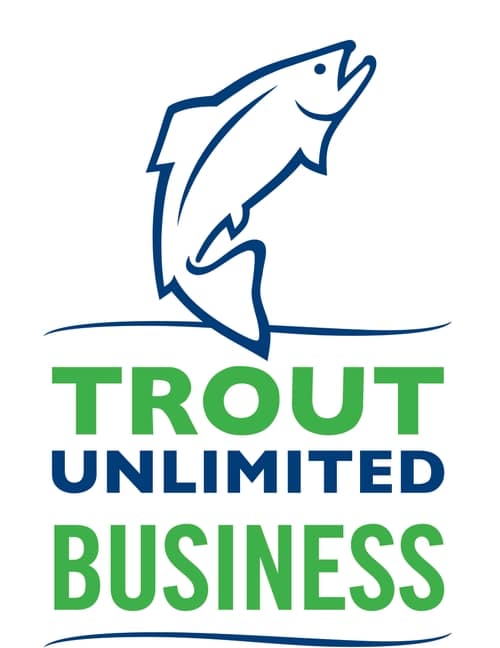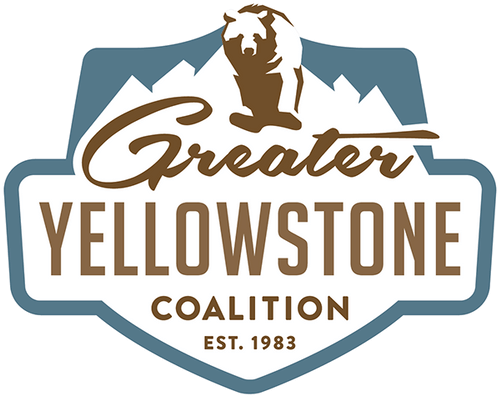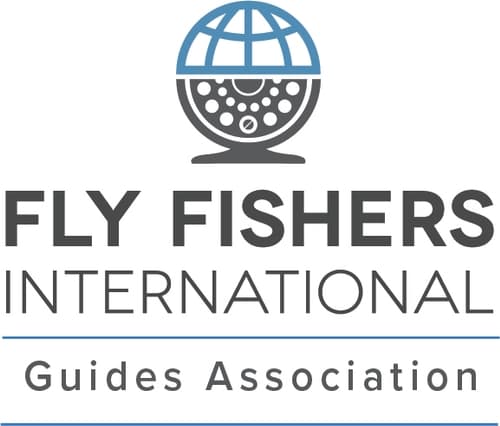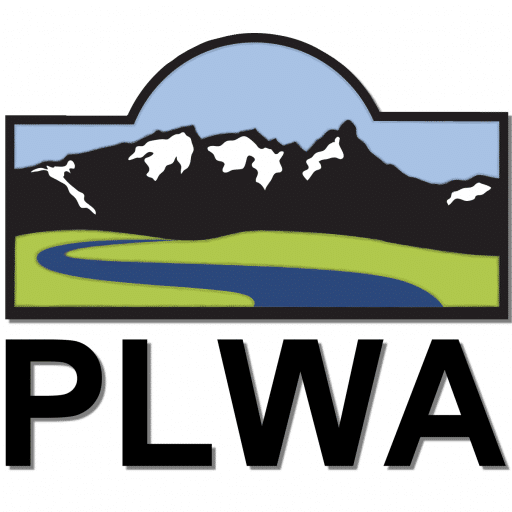Conservation
Good stewardship of the land and water
Responsibility & Tradition
Fly fishing is a sport steeped in a long tradition of conservation dating back well before our time. We, as Montana fly fishing anglers, guides, and outfitters, enjoy the benefits of the hard work of the great conservationists that came before us every day we are on the river.
We have people to thank like Theodore Roosevelt, George Griffith, Dan Bailey, Aldo Leopold, Bud Lily, and Lee Wulff, among many others, for the wonderful fly fishing opportunities we are afforded today in Montana. We also have groups to thank like Trout Unlimited, the Nature Conservancy, the PLWA, the Greater Yellowstone Coalition, the Upper Missouri Watershed Alliance, and the Madison River Foundation, among many others, that have done so much for public land access, wilderness conservation, river restoration, and fly fishing preservation.
We have countless rivers and streams that provide cold, clear, and connected water for wild trout populations across the state, plentiful public access, and world-class fly fishing opportunities as a result of these efforts of these groups and individuals. We fish in their shadows.
We are all conservationists
As fly fishing anglers, outfitters, and guides we all have a responsibility of continuing this long tradition of conservation and stewardship of our rivers and wild places in order to afford the next generation of anglers the same, or even better, opportunities that we have been able to have. This means we are all conservationists and have a role to play in the future of fly fishing as there is always another looming threat for rivers, trout, and wilderness.
In Montana we are faced with inconsistent snowpack, multiple water-use conflicts, mining, urbanization, and public land access, all conservation issues that impact us today and will continue to in the future. We all have the ability to make an impact and join in conservation at the local, regional, or even global level and continue the legacy of conservation and fly fishing.
Support Conservation
We work closely with many non-profit groups that have done a lot for conservation in the past and look to continue to in the future. We donate our time and money to these groups and their causes because what they do has a direct positive impact on coldwater fisheries and fly fishing across Montana and the United States.
We would encourage you too to lend some of your time or make a donation to one of these groups or a local organization in your backyard that holds similar conservation values. Every effort counts. Getting involved in protecting our fisheries today means a better future for us as anglers tomorrow.
“There is a delight in the hardy life of the open. There are no words that can tell the hidden spirit of the wilderness that can reveal its mystery, its melancholy and its charm. The nation behaves well if it treats the natural resources as assets which it must turn over to the next generation increased and not impaired in value.”
Theodore Roosevelt
Montana Angling Co. Fly Fishing Ethics
Ethical guidelines for our guides and anglers.
1. Catch and Release
Our guides and anglers fly fish for sport. The prompt and safe release, following a catch, is an important part of that. We aim to have minimum impact on our natural resources, so future anglers can find the same enjoyment on our wild rivers that we do.
2. Follow all Game Laws
Simply put, our anglers and guides follow the rules. The state of Montana Fish, Wildlife, and Parks has the incredible task of protecting and managing our natural resources. We encourage all anglers to do their part and follow all Montana game and sporting laws.
3. No Targeting of Spawning Fish
Anglers need to avoid targeting actively spawning fish and redds, as the are they are the future of wild trout fisheries. The rivers and streams of Montana depend on healthy reproductive rates to maintain the quality of our fisheries. Learn more at: https://mindtheredd.org
4. No Use of Lead
Angling, at scale, can contribute significant quantities of lead to local environments that can have negative consquences for wildife and contribute to heavy metal contamination in water. Our guides and anglers are encouraged to use tin and tungsten substitutes for lead products.
5. No Bare or Oversize Hooks
Fishing with a bare hook is, by definition, snagging and can have negative consequences for fish. Oversize hooks have the potential to severely harm smaller fish. We encourage our guides and anglers to fish appropriately sized and dressed barbless hooks.
Partners in Conservation
Check our social media outlets for updates regarding conservation efforts across Montana. We regularly share news, events, and opportunities to get involved in local efforts. Contact us directly if you would like more information or have any questions.



